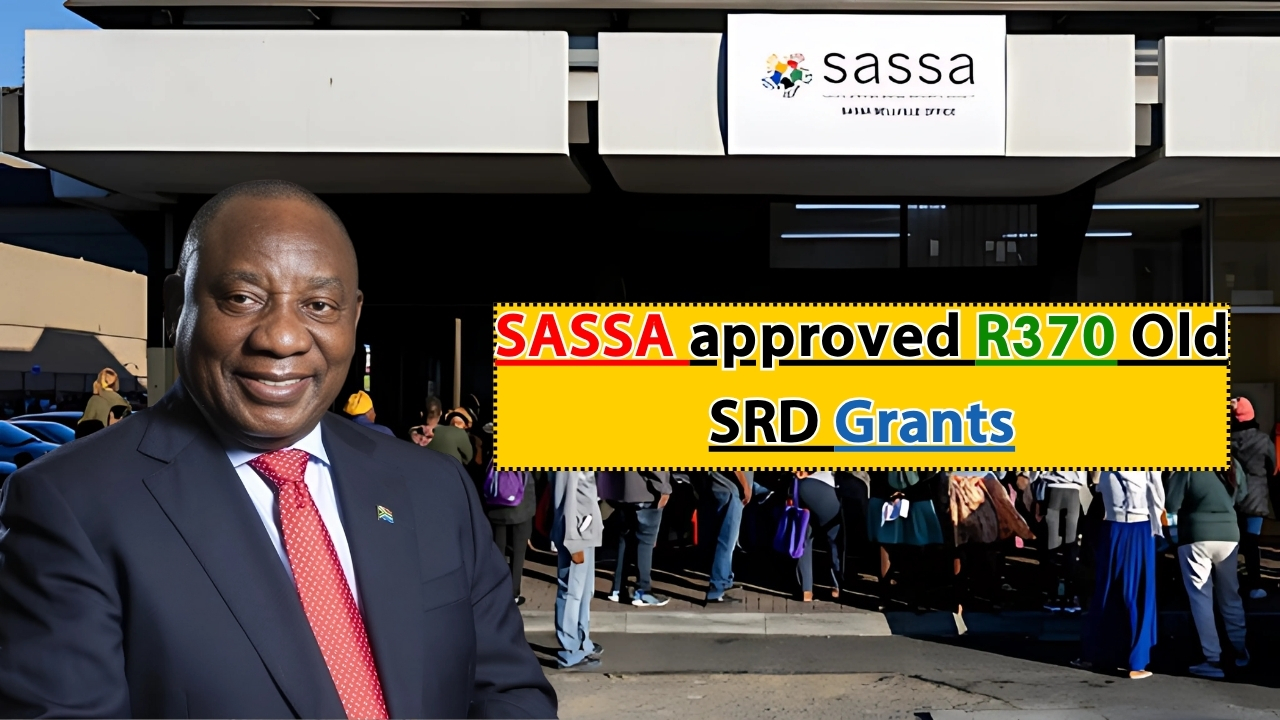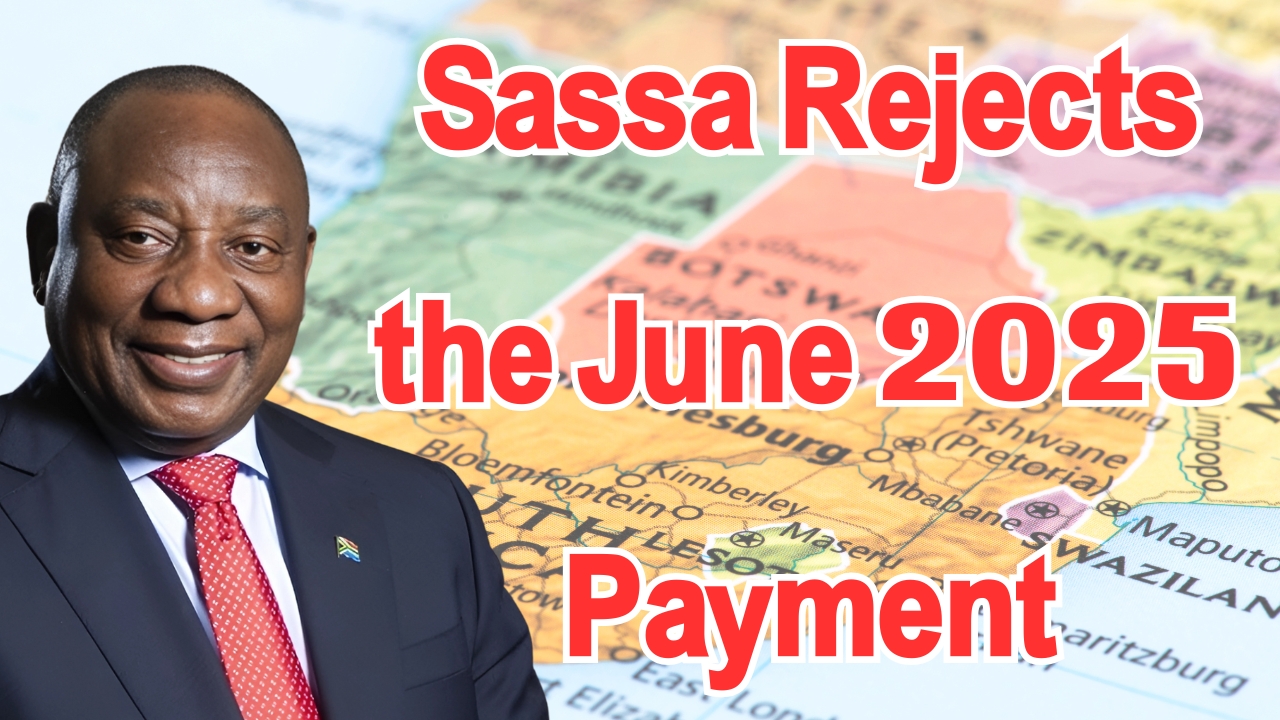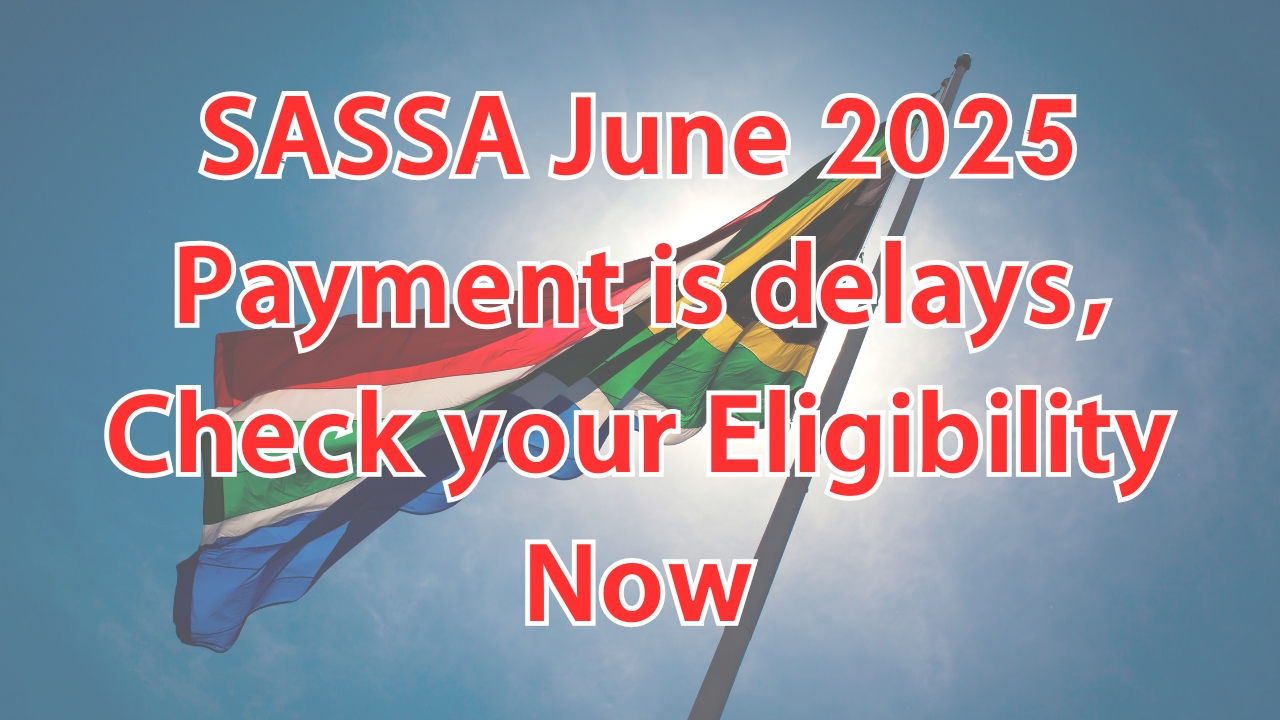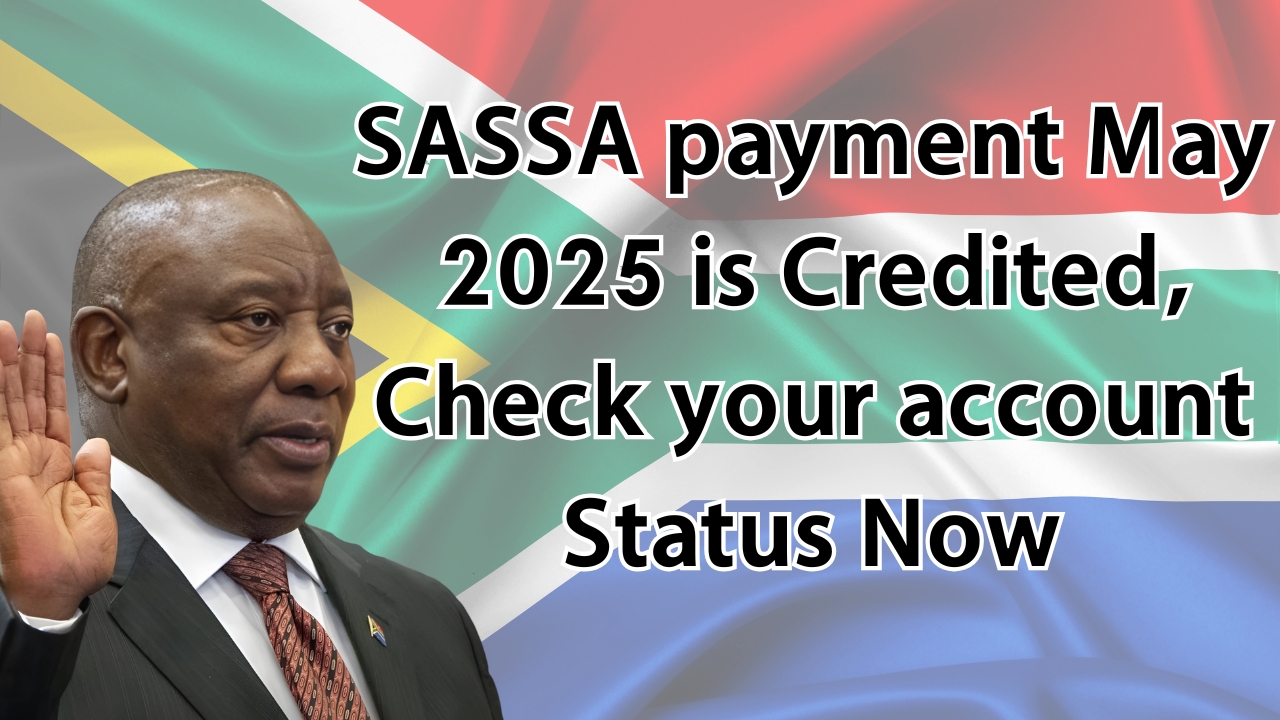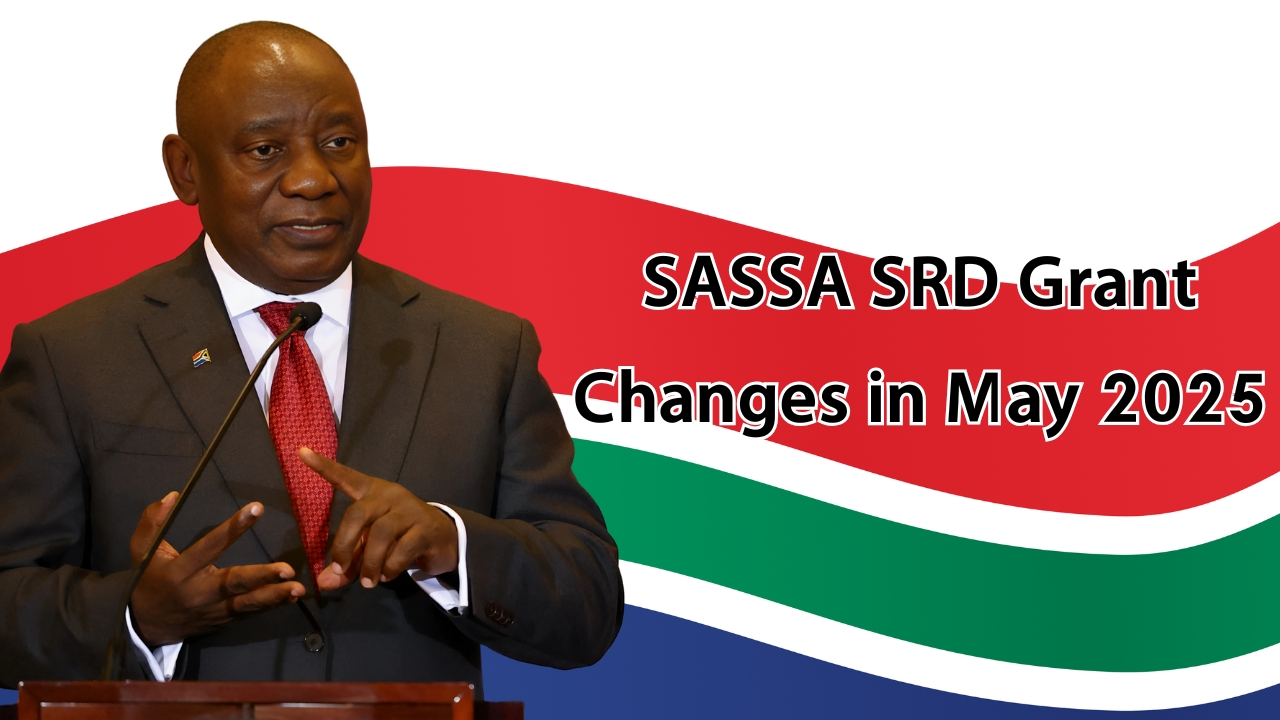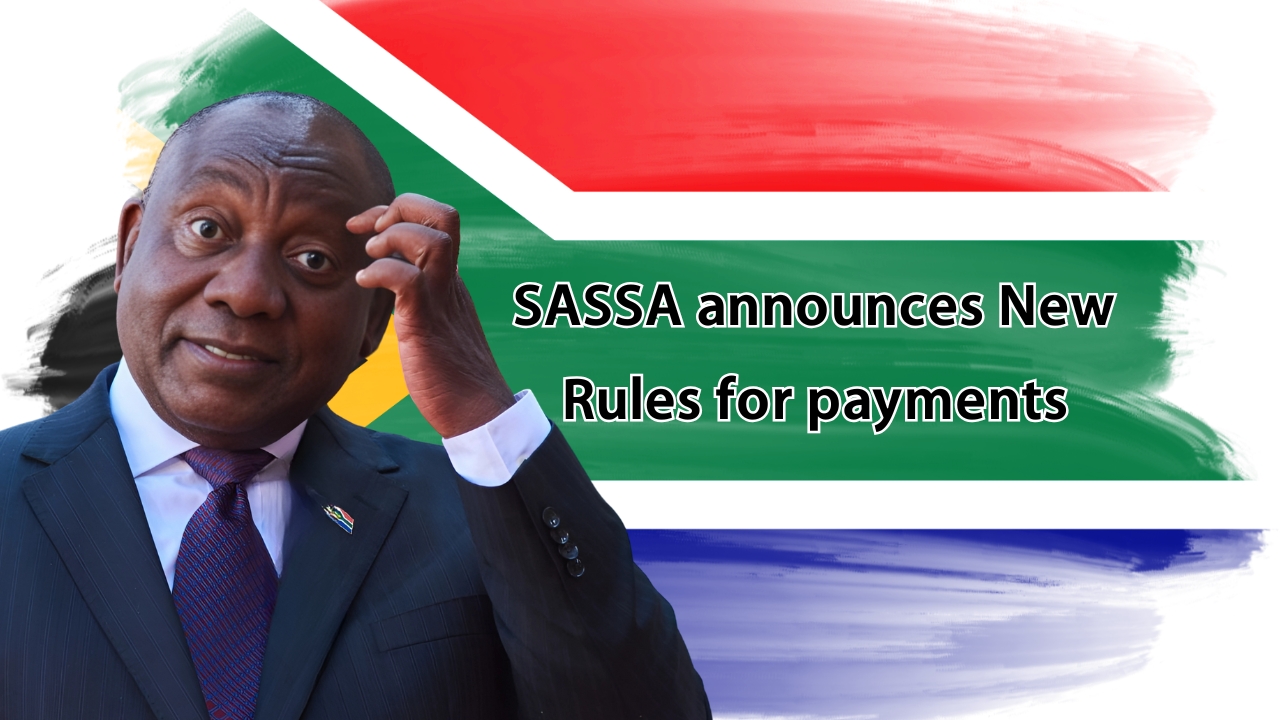R370 Old SRD : The South African Social Security Agency (SASSA) continues processing R370 Social Relief of Distress grants, providing crucial support to millions facing financial hardship.
Many applicants from previous months still await their grant approvals or payments, making status checking essential for tracking application progress effectively.
The R370 SRD grant, though modest in amount, represents lifeline assistance for unemployed South Africans struggling to meet basic household needs.
Understanding how to check your grant status empowers applicants to identify issues quickly and take necessary corrective actions without unnecessary delays.
Current Status of Old Applications
SASSA maintains records of all previous SRD grant applications, including those submitted months ago that may still be pending various verification stages.
The agency processes thousands of applications daily, but backlogs occasionally develop due to verification requirements, system updates, or documentation issues requiring resolution.
Old applications don’t expire automatically, meaning your submission from previous months remains valid unless officially declined or requiring reapplication for specific reasons.
Many applicants discover their applications stuck in “pending” status for extended periods, often due to minor issues easily resolved through proper channels.
The verification process involves multiple government databases, including SARS, UIF, and NSFAS, which can create delays when systems don’t communicate efficiently.
Banking details represent the most common holdup for approved applications, as incorrect information prevents successful payment processing despite approval status.
Recent system improvements have accelerated processing times, but applications from earlier periods may still require manual intervention to progress properly.
How to Check Your Status Online
The official SASSA SRD website remains the primary platform for checking application status, accessible through any device with internet connectivity.
Navigate to srd.sassa.gov.za and locate the status check option, which appears prominently on the homepage for easy user access.
Enter your ID number and mobile phone number used during application, ensuring accuracy to avoid error messages preventing status retrieval.
The system sends an OTP (One-Time Pin) to your registered mobile number, providing security verification before displaying sensitive application information.
Your status screen shows current application stage: pending, approved, declined, or various sub-statuses indicating specific verification or payment processing stages.
Approved applications display payment dates and methods, while declined applications show specific rejection reasons requiring attention for successful reapplication.
The website operates 24/7, though high traffic during payment periods may cause temporary slowdowns requiring patience or trying again later.
Screenshot your status information for record-keeping purposes, particularly important when dealing with payment disputes or appeal processes.
Alternative Status Checking Methods
WhatsApp provides convenient status checking through SASSA’s automated service, accessible by sending “Status” to 082 046 8553.
The WhatsApp system guides users through verification steps similar to the website, providing status updates directly to your phone.
USSD codes offer another option for those with limited internet access, dialing 1347737# from any mobile phone for menu-driven checking.
SMS services remain available for basic status inquiries, though response times vary and detailed information may require website access.
SASSA offices provide in-person assistance for complex cases, though long queues make this option less practical for routine status checks.
Community Development Workers in various areas assist elderly or technologically challenged applicants with status checking and problem resolution.
Email inquiries to [email protected] work for specific issues, though response times extend longer than self-service digital channels.
Common Status Messages Explained
“Pending” status indicates your application remains under review, with verification processes still ongoing across various government databases and systems.
“Approved” means your application passed all checks, with payment processing beginning according to SASSA’s monthly payment schedule for your category.
“Declined” status requires immediate attention, as specific reasons for rejection appear that guide necessary corrective actions for reapplication.
“Reconfirm banking details” suggests payment attempts failed, requiring updated banking information through the system to receive approved funds.
“UIF registered” indicates the system found active UIF records, potentially disqualifying you unless the information proves outdated or incorrect.
“NSFAS registered” shows current student funding that typically disqualifies SRD applications, requiring evidence if this information is incorrect.
“Alternative income identified” means other government databases show income sources exceeding SRD thresholds, necessitating appeals if inaccurate.
Resolving Common Issues
Banking detail problems require logging into the SRD system and carefully updating account information, double-checking accuracy before submission.
Declined applications allow appeals within 30 days, providing opportunity to submit additional documentation proving eligibility despite initial rejection.
Identity verification failures often stem from outdated Home Affairs records, requiring ID document updates before reapplication attempts will succeed.
Income threshold issues need supporting documentation like termination letters or bank statements proving current unemployment or reduced income status.
System errors showing “technical problem” messages usually resolve within 24-48 hours, requiring patience rather than multiple reapplication attempts.
Double applications create automatic rejections, so ensure only one active application exists in the system at any time.
Contact details must remain current, as outdated phone numbers prevent OTP delivery and status checking capabilities.
Payment Collection Options
Approved grants offer multiple payment methods including bank deposits, Postbank, Pick n Pay, Boxer, and selected Shoprite and Checkers stores.
Cash collection requires the ID used for application plus knowledge of the payment date to avoid wasted trips to payment points.
Bank deposits typically process faster than cash collections, appearing in accounts on designated payment dates without collection hassles.
Post Office collections follow specific schedules based on ID numbers, preventing overcrowding through staggered payment date assignments.
Retail store payments operate during business hours, offering convenient collection points particularly in areas with limited banking infrastructure.
R370 Old SRD Taking Action on Your Status
Regular status checking prevents missing important updates or payment dates, recommending weekly checks during processing periods for best results.
Document all interactions with SASSA systems, including reference numbers and screenshots, creating paper trails for potential dispute resolution.
Act immediately on requests for additional information or documentation, as delays can result in application cancellation requiring complete restart.
The R370 SRD grant continues providing essential support, but accessing approved funds requires proactive status monitoring and issue resolution.
Stay informed through official SASSA channels, avoiding scammers who exploit desperate applicants with false promises of guaranteed approvals or faster processing.
